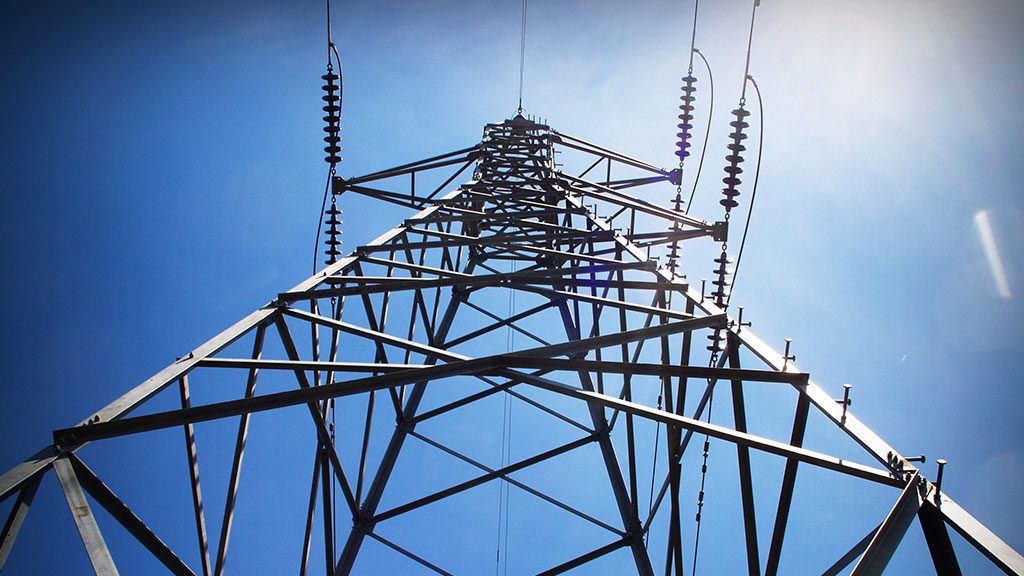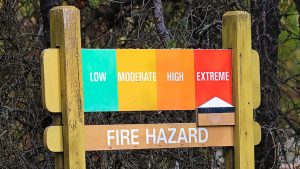FORT WILLIAM FIRST NATION, ONT. — Wataynikaneyap Power and North Caribou Lake First Nation recently celebrated the northern Ontario community’s connection to the provincial power grid.
Once connected, the community turned off the diesel generators which had previously provided them primary power, marking an end to the community’s reliance on diesel-generated electricity
On Sept. 14, North Caribou Lake invited Wataynikaneyap Power, Opiikapawiin Services, government and other stakeholders to celebrate following their annual Hunting Festival.
The Wataynikaneyap Power transmission system connects the North Caribou Lake community distribution system to the Ontario grid through a total of 590 kilometres of line and four substations originating from the Dinorwic Substation near Highway 17.
North Caribou Lake was the second First Nation energized by the provincial power grid through the Wataynikaneyap Power transmission system. It continues to be served by Hydro One Remotes Communities Inc. for the local distribution of electricity.
Wataynikaneyap Power is majority-owned by an equal partnership of 24 First Nations, in partnership with Fortis Inc. and other private investors, to build and operate the “line that brings light,” a $1.9 billion dollar infrastructure project, a reality for remote, northern Ontario First Nations, states a release. The 1,800 transmission line will ultimately connect 17 remote First Nations to the Ontario power grid, removing their reliance on diesel-generated electricity.
“North Caribou Lake First Nation has been in discussions since the mid-1990s to bring reliable energy to the community. We finally did it and congratulations,” said Margaret Kenequanash, CEO of Wataynikaneyap Power, in a statement. “This is my home, and it is a very special day for me. We have traveled a long path that saw successes, learning opportunities, and false starts to get us to this point. We are not done yet! Connecting all 17 First Nations and achieving the vision of 100 per cent ownership of this major infrastructure in our homeland is important for our future generations.”











Recent Comments
comments for this post are closed